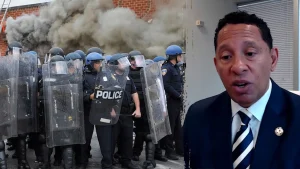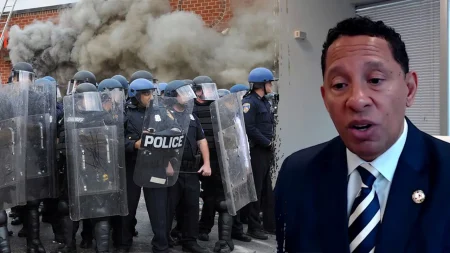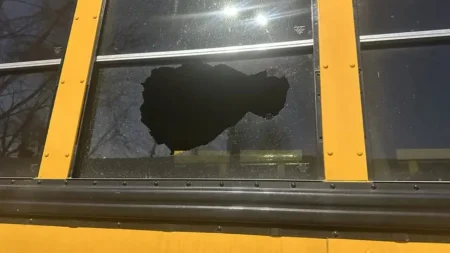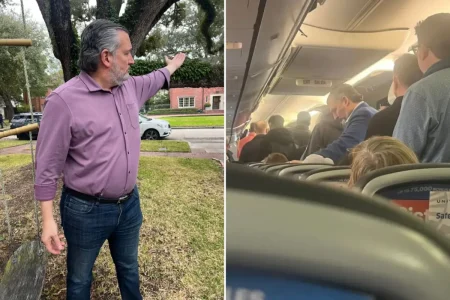Supreme Court Intervenes in Illinois Immigration Case
In a significant development for U.S. immigration policy, the Supreme Court has issued a temporary order halting the release of hundreds of individuals who were detained during the Trump administration’s immigration enforcement operations in Illinois. This stay comes in response to a lower federal court’s ruling that had ordered these detainees to be released, marking yet another chapter in the ongoing national debate about immigration enforcement practices.
The case highlights the complex intersection of judicial authority, executive immigration policies, and human lives caught in between. The detainees in question were apprehended during targeted immigration operations that intensified under the previous administration, which prioritized stricter enforcement of immigration laws and increased deportations. The federal judge who originally ordered their release had determined that certain aspects of these detention practices raised legal concerns worthy of judicial intervention, potentially setting a precedent for similar cases nationwide. However, the Supreme Court’s temporary stay indicates that the highest court believes these questions deserve further consideration before such a significant release of detainees proceeds.
Behind the legal terminology and court proceedings are hundreds of human stories – individuals with families, jobs, and communities who have built lives in the United States. Many have been in detention facilities for extended periods, separated from loved ones and facing uncertainty about their future. Advocates for these detainees argue that prolonged detention without clear resolution of immigration status constitutes an unnecessary hardship, particularly for those who have established deep roots in American communities and pose no public safety threat. On the other side, supporters of stricter enforcement maintain that following established immigration procedures is essential for national security and the rule of law.
The Illinois case represents a microcosm of broader tensions in American immigration policy. The shifts between administrative approaches – from the enforcement-focused policies of the Trump years to potential changes under different leadership – create a patchwork of practices that can vary significantly by region and over time. This inconsistency has real implications for immigrant communities, who may face different treatment depending on geographic location, timing of enforcement actions, and evolving policy priorities. The judicial system increasingly finds itself arbitrating these disparities, weighing constitutional protections against executive authority in immigration matters.
Legal experts note that this Supreme Court intervention does not represent a final determination on the merits of the case but rather pauses the lower court’s order while higher-level judicial review proceeds. This process could potentially take months, during which time the detainees will remain in custody. The case may eventually provide important clarity on questions of detention authority, due process for non-citizens, and the boundaries between judicial oversight and executive discretion in immigration enforcement. Whatever the ultimate outcome, the decision will have profound implications for immigration policy implementation nationwide.
For communities in Illinois with connections to those detained, this legal limbo extends an already difficult period of separation and uncertainty. Families continue to navigate practical and emotional challenges while awaiting resolution – children growing up with parents absent, households struggling with lost income, and the psychological toll of indefinite detention affecting both those held and their support networks. As the legal process unfolds, these human dimensions remain at the heart of what might otherwise appear as abstract legal principles. The case ultimately asks Americans to consider fundamental questions about how the nation balances enforcement of immigration laws with humanitarian considerations and the real-world impact of these policies on human lives.










